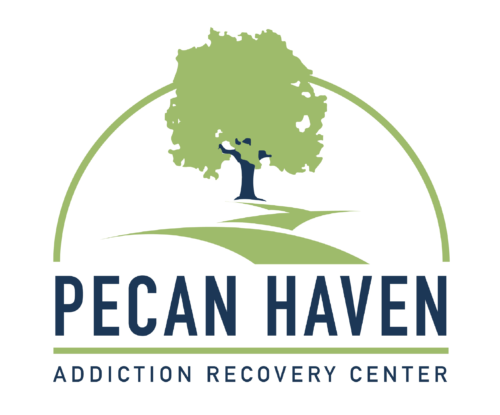Completing addiction treatment is a significant accomplishment on your road to recovery, but the journey doesn’t end there. Maintaining sobriety after treatment requires ongoing commitment, self-awareness, and some healthy coping strategies.
Understanding the Challenges
The post-treatment phase can be both exciting and scary. You might be dealing with cravings for substances or social pressures to drink or use again. The emotional triggers of daily life might bring up the urge to return to old behaviors. Recognizing these challenges and developing coping mechanisms is essential for long-term success.
Identifying Your Triggers
Triggers are internal or external cues that can increase your desire to use substances. These can be anything from negative emotions like stress or anxiety to specific places or people associated with your past use. By identifying your triggers, you can proactively develop strategies to avoid them or manage them effectively.
For example, if certain social gatherings are a trigger, practice saying “no” politely or develop a code word with a trusted friend to signal your need for support and leave the situation.
Building Healthy Coping Mechanisms
Coping mechanisms are healthy ways to manage stress, cravings, and difficult emotions. Replacing unhealthy coping mechanisms like substance use with healthy alternatives is crucial for sustained recovery.
Exercise, or any kind of physical activity, is a powerful tool for managing stress, improving mood, and boosting overall wellbeing.
Practices like meditation and deep breathing can help you to become more aware of your thoughts and emotions, allowing you to respond thoughtfully rather than react.
Engaging in creative pursuits, like painting, writing, or music, can provide invaluable support, encouragement, and a sense of belonging.
The Power of a Strong Support System
Developing a structured daily routine can provide a sense of stability and purpose in your life. Schedule time for activities you enjoy, work, meals, exercise, and relaxation. Creating this structure can help you avoid boredom and situations that might trigger cravings.
Prioritizing Self-Care
Recovery is about much more than just abstaining from substance use. It’s about taking care of your entire wellbeing.
Getting enough sleep– 7-8 hours per night– is essential for managing stress, improving mood, and overall health. Going to bed and waking up at the same time each day is a great way to ensure better sleep, and it helps you to maintain a structured lifestyle, too.
Eating nutritious meals fuels your body and mind, providing you with the energy you need to navigate life’s daily challenges. Techniques like yoga, meditation, or deep breathing can help manage stress and promote overall wellbeing.
Celebrate Milestones
Recovery is a journey filled with both challenges and triumphs. Take the time to acknowledge and celebrate your milestones, no matter how big or small. This can help boost your motivation, and reinforce positive behaviors. Did you resist a craving? Celebrate by doing something you really enjoy, like going to the movies or the beach. Sobriety milestones are also cause for celebration. Celebrate a day, a week, a month, and beyond– each day is a huge accomplishment, and you should be proud.
Take the Next Step Toward Long-Term Recovery
Maintaining sobriety after treatment requires ongoing effort and dedication. By understanding the challenges, developing healthy coping mechanisms, building a strong support system, and prioritizing self-care, you can increase your chances of long-term success.
If you’re struggling to maintain sobriety, or are seeking support for addiction, Pecan Haven can help. We offer a variety of treatment programs and support services designed to empower individuals on their journey to recovery. Contact us today to learn more about how we can help you achieve long-term sobriety and build a brighter future, or fill out our online assessment to see if our treatment programs are a fit for you.
